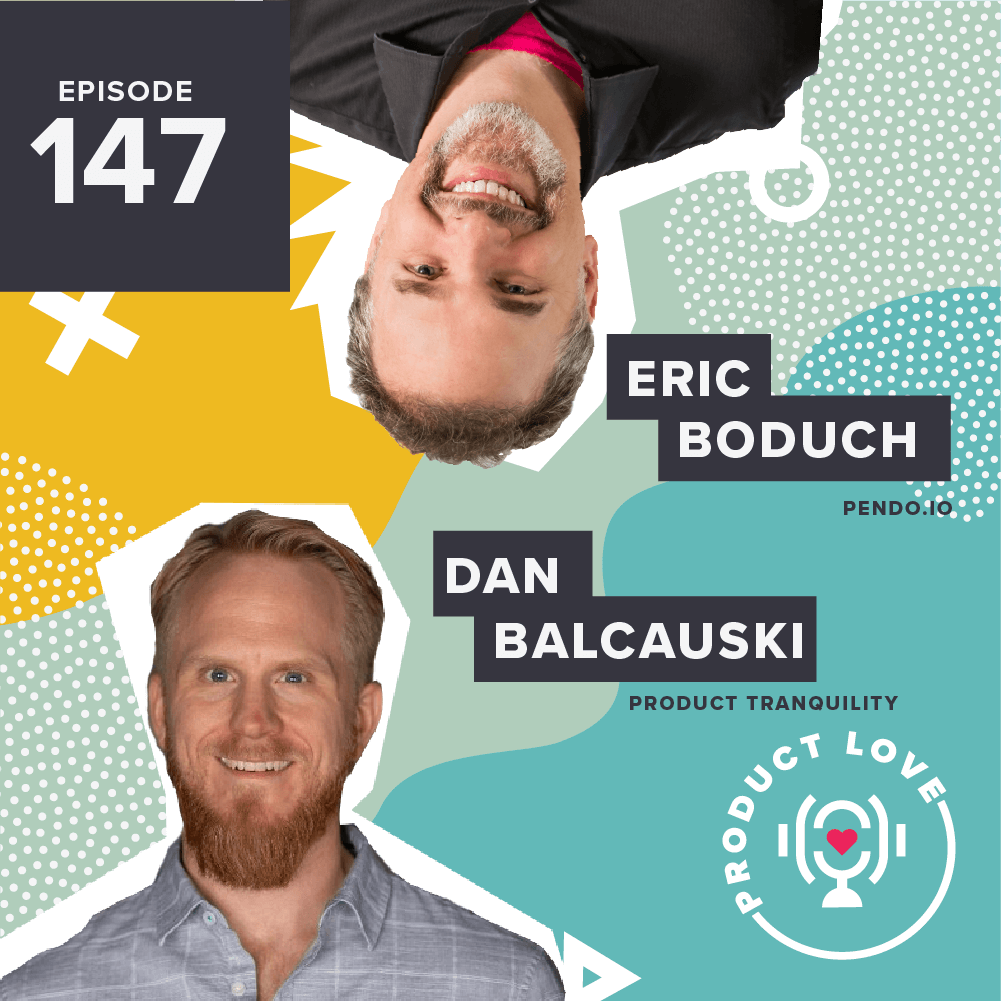If you don’t know who Cliff Gilley is, you might actually recognize him better as his online persona: The Clever PM. Cliff’s blog provides tips and insights on how to be a better product manager, and we’ve had the privilege of having him contribute to ProductCraft and participate in one of our live debates.
Originally, Cliff thought he was going to be a lawyer. Graduating from law school, his life plan was oriented towards being a criminal prosecutor. However, as the universe would have it, the state of Washington went through budget cuts across the state and his prosecutor job disappeared. Instead, an opportunity to get involved in a startup arose, and eventually, so did the position of an associate product manager.
His background in both psychology and sociology was incredibly useful to him in his product management career. Psychology emphasizes the importance of listening and understanding the individual, their motivations, fears, and so forth. Sociology expands on that by asking how groups of people organize, how they behave, and how they make decisions together. In short, having the two disciplines helped Cliff understand customers, and influence product teams to make decisions.
In this week’s episode, we delved into why product management is a lot like controlled chaos, why Cliff isn’t too eager about jumping on the growth bandwagon, and the best kind of product manager.
Product Management is Controlled Chaos
Cliff can’t imagine a role in an organization that’s exposed to chaos than product management. Product managers can have an established plan for the day or the week, but in a moment’s notice, it can all go up in flames. Product managers are at the crossroads of so many teams so it’s no surprise that they might be pulled into different directions. Sales might be coming at you with their phones in their ears about a prospect who absolutely needs a specific feature otherwise they won’t get a deal, whereas your CEO might have just read a line about blockchain off Bloomberg Business, and now you have to dedicate a whole afternoon to figure out what blockchain is, and why it’s relevant to your product.
The tech world is constantly changing, and that chaos can often be felt most deeply by product managers. If PMs aren’t experiencing some amount of chaos, they might wonder if they’re doing their job correctly. If your day to day is too predictable and known, then Cliff believes it’s time to really question what the product team is doing. Don’t expect to be pleasing every person on the team either. Cliff references one of his mentor’s advice to him: “If everyone likes you every day, you’re not doing your job as a product manager.”
But to combat the growing list of demands coming from a variety of sides, Cliff says it’s important to have very clear priorities and probably no more than ten of them for each team.
Clarify those priorities, put them on a wall and if anyone comes to you, ask them: “Okay, there are five priorities that this team, this project, these people have, which one of those is your thing more important than?” Then they have to justify their request.
Amidst the chaos, it’s still important for product managers to remain curious about the craft and egoless in their jobs. PMs need to be curious about the market, the product, the technology, and their own personal growth. Technical expertise isn’t a requirement to Cliff, but the drive and curiosity it takes to possibly pick up those skills resonate much more with him. The mentality of a PM is important, too.
For soft skills, Cliff likes to find people who can be selfless and thankless. He’s not saying that product managers are scapegoats in case anything goes wrong, but they’re definitely the sword and the shield for their teams. It takes a unique kind of person to set aside their ego, give credit to their teams, but also be able to take the criticism while dealing with the rapidly-changing world around them. Are you one of those people?
On Growth
We’ve published a number of pieces about growth in the past few weeks, including a debate about whether the growth fits in the product organization. However, Cliff’s thoughts show he isn’t exactly jumping on the bandwagon. In his opinion, growth is a fundamental concept to any business. It shouldn’t be a trend, it should have already been a value. Now that it has evolved into an industry buzzword, it shows how some organizational cultures haven’t been valuing growth in the right way.
In his opinion, the company culture should already value growth; does bringing in an external person imply that it wasn’t a previous priority to the CEO and VPs? The delivery of growth winds up being the sole responsibility of one person in the hands of someone who is not an executive who has authority.
Listen to the podcast to hear more about Cliff’s actionable advice for PMs, how data can lead someone astray, and why most organizations fail with agile.


